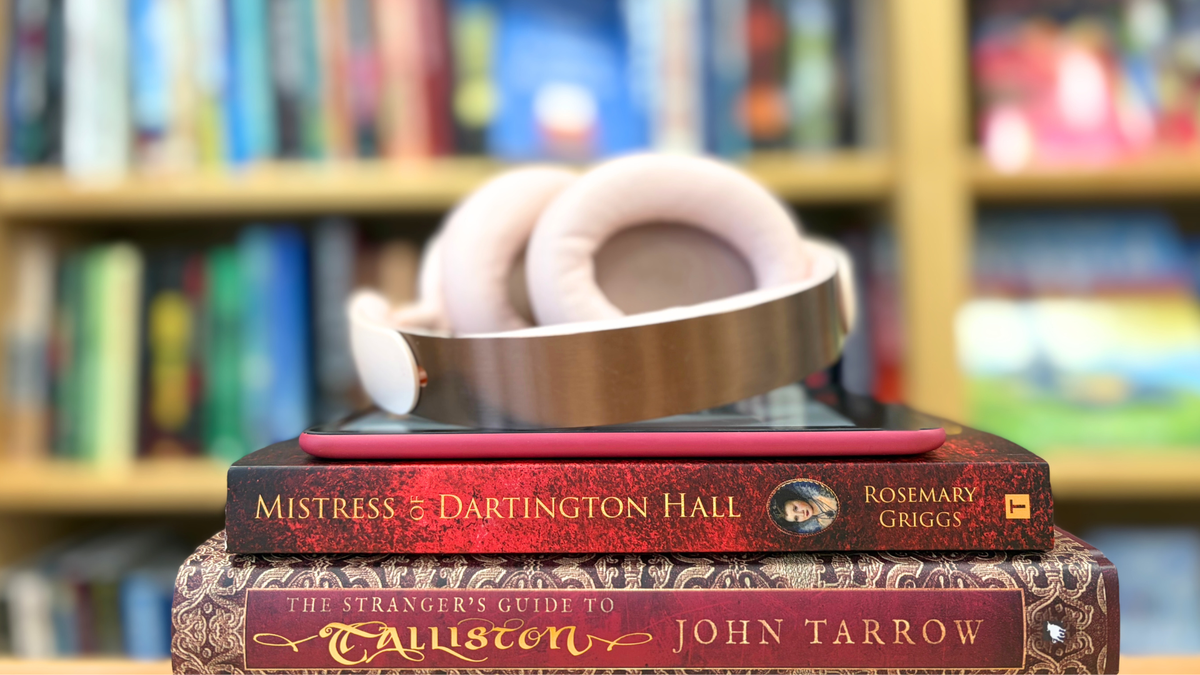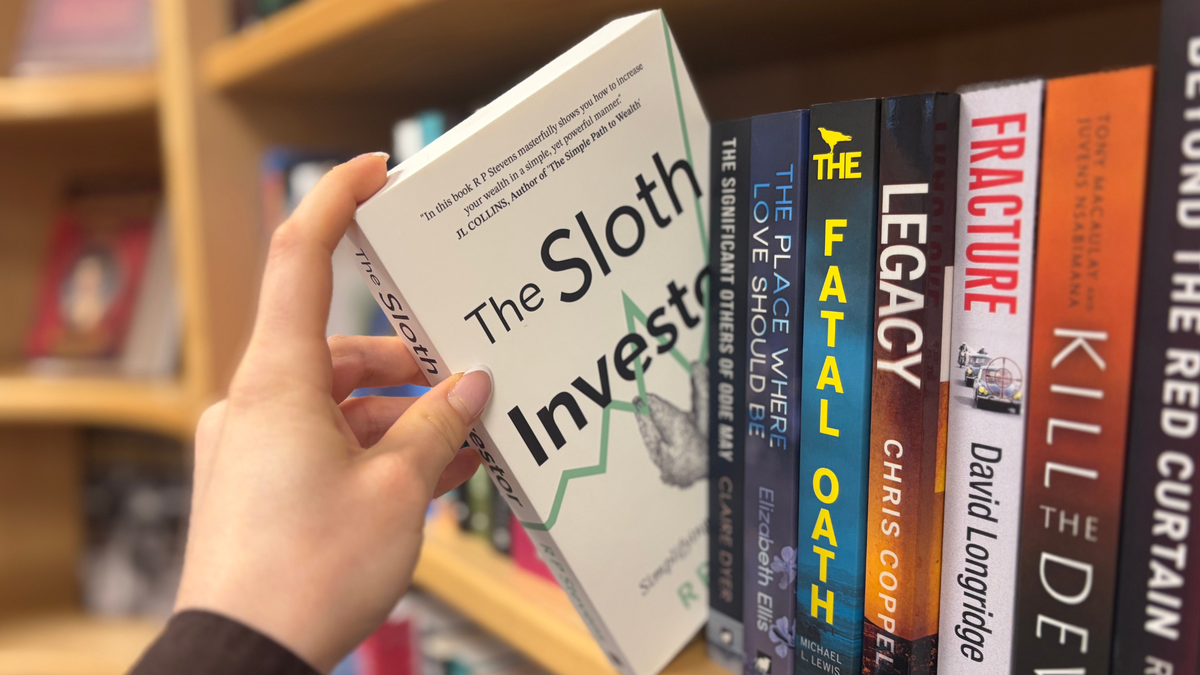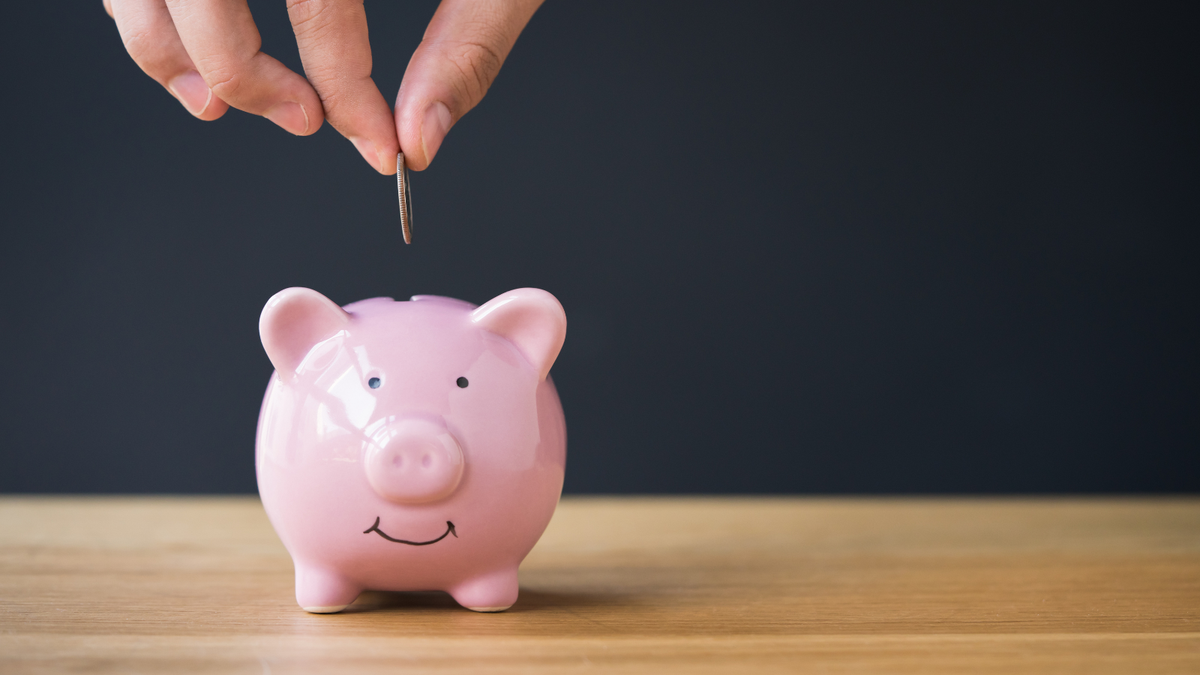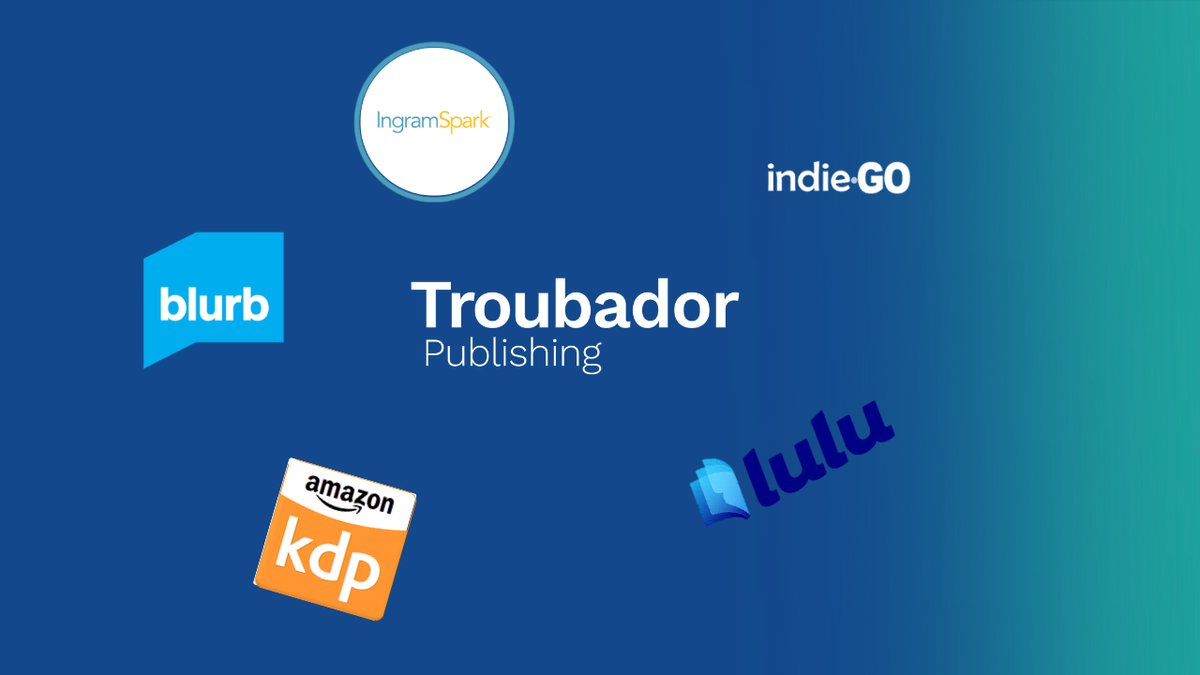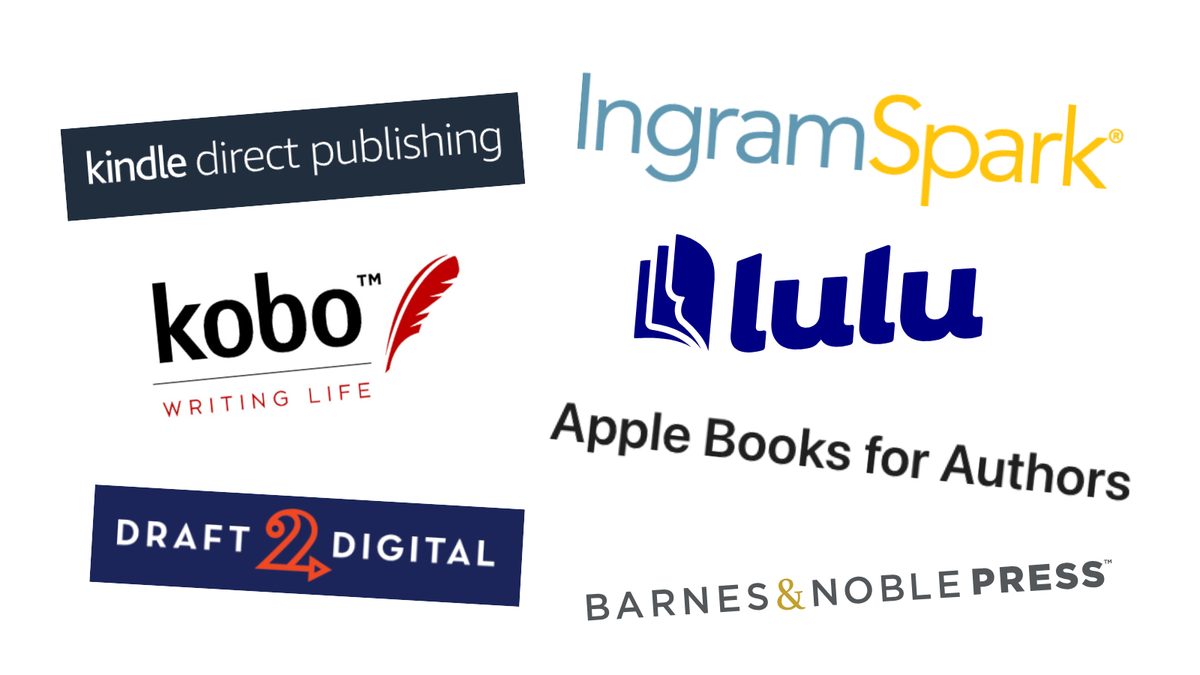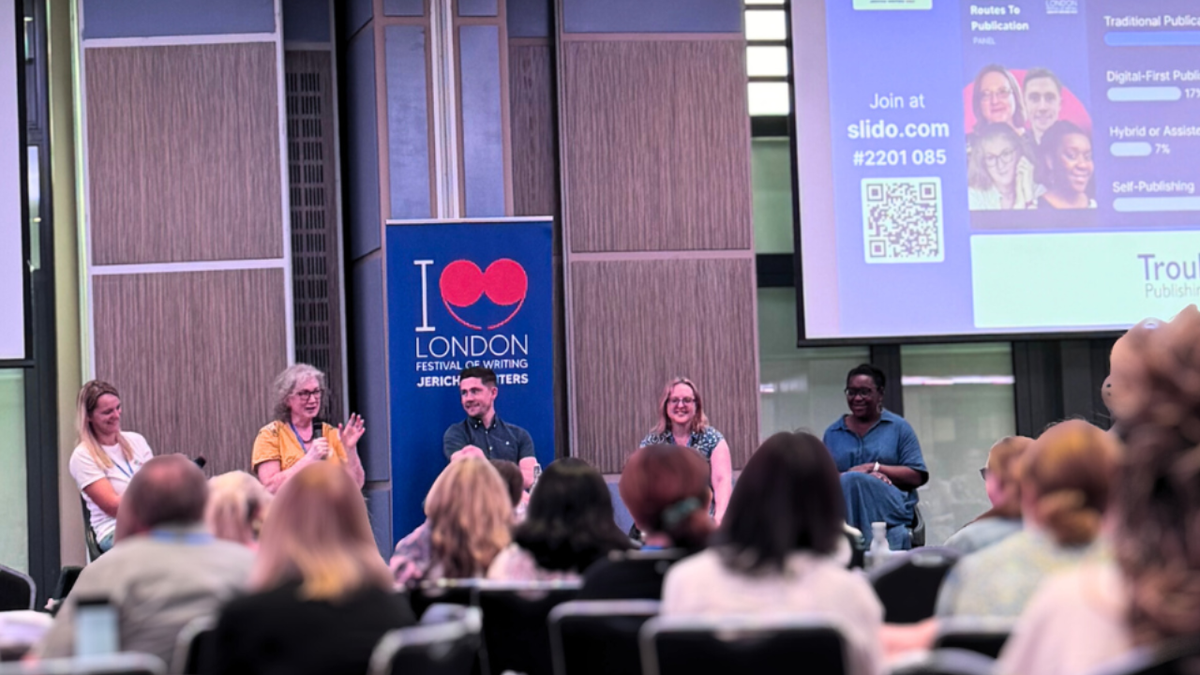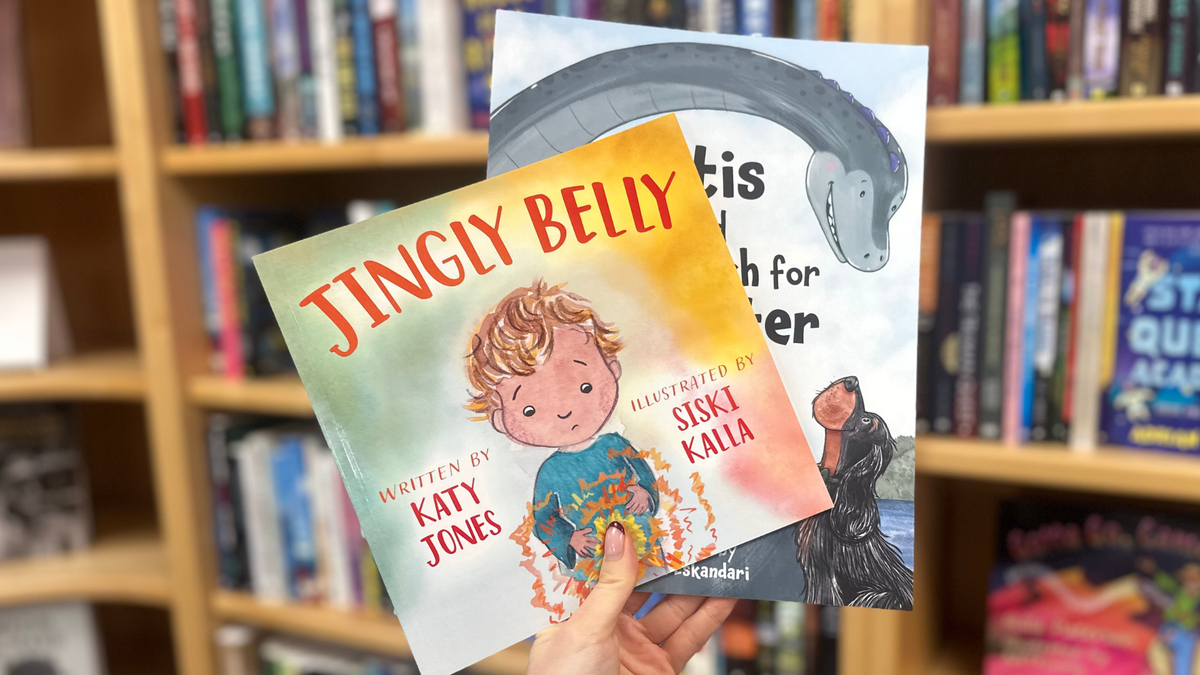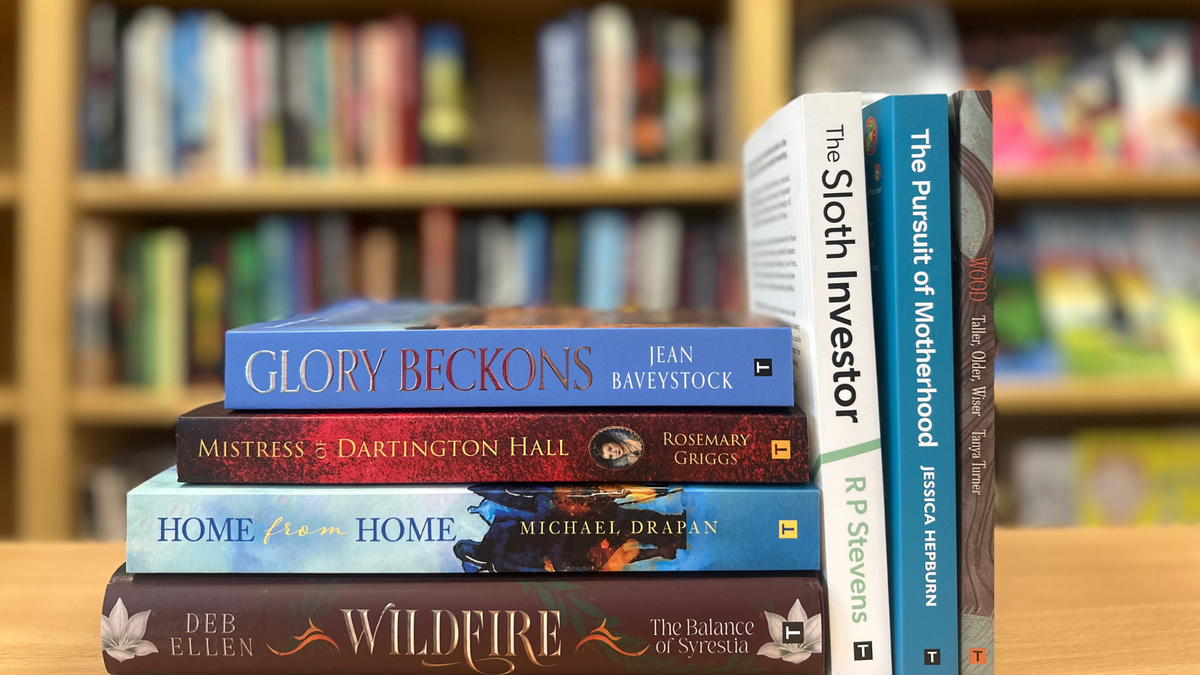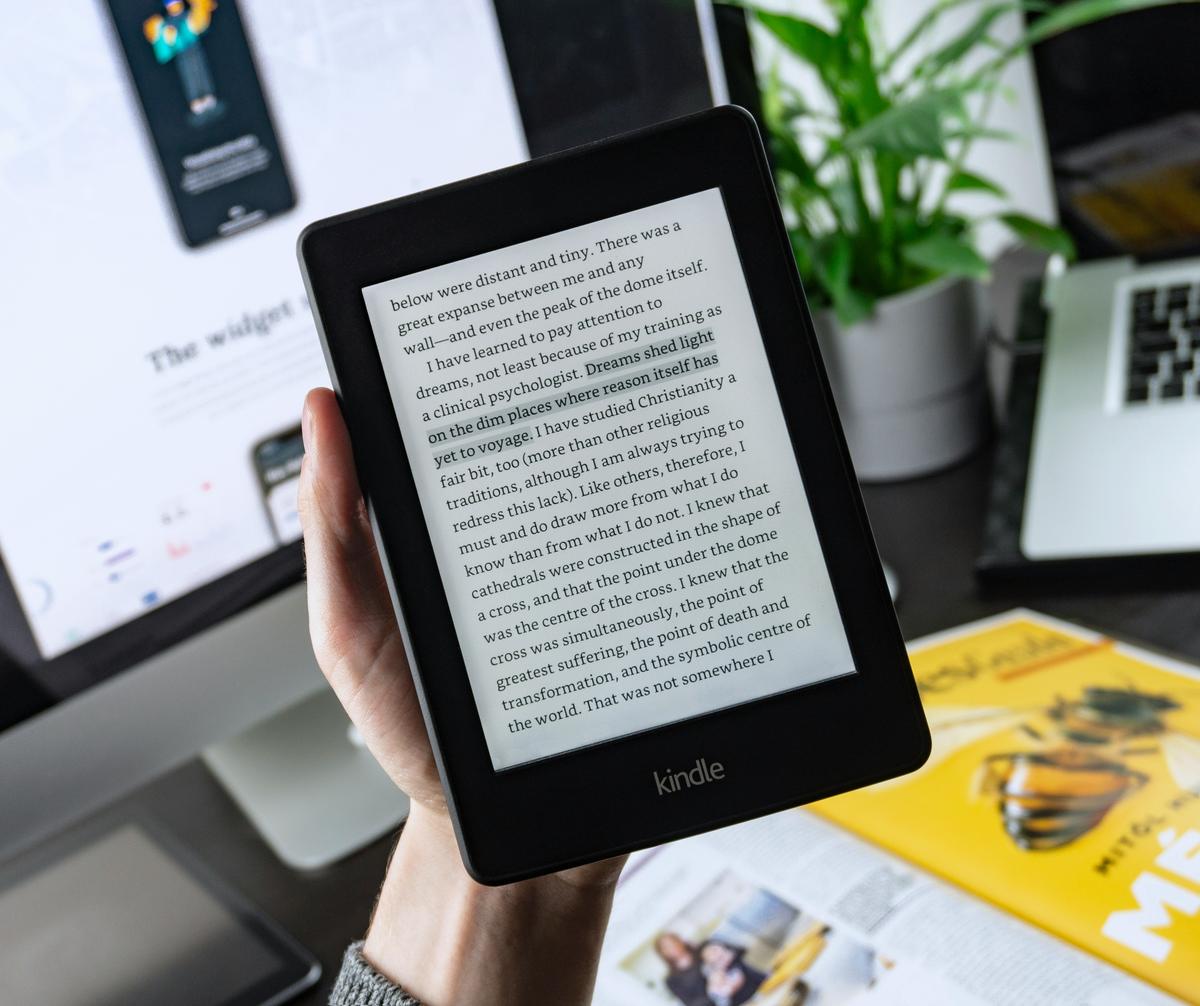
3rd March, 2018
5 min read
3 things authors need to know before self-publishing
Written by:
Jane Rowland
Jane Rowland, Operations Director at Troubador, shares her thoughts on what self-publishers should consider before they start to publish.
Self-publishing can be very liberating – and a steep learning curve for writers more used to, well, writing, than publishing. It makes sense then that any writer considering self-publishing will have questions about the process. I've been able to draw on my experience as a former editor of The Self-Publishing Magazine, an organiser of the annual Self-Publishing Conference and as Operations Director at Troubador to answer some frequently asked self-publishing questions. This blog is adapted and extended from an article originally published in Writing Magazine.
How much money will I make from self-publishing?
Writers looking at self-publishing are often keen to know if they will recoup their initial outlay and make a profit. The answer is really dependent on the author, the book and, to a large extent, luck. No self-publishing company can (or should) promise that you will make money – and self-publishing a book alone is unlikely to be the means to financial security.
Research published in February 2023 by the Alliance of Independent Publishers (Alli) in their report the Big Indie Author Data Drop has suggested that self-publishing authors can indeed make more than their mainstream published counterparts, especially when they are business-minded and take the time to acquire key publishing and marketing skills. However, the fact remains that to make money on your book you have to sell copies.
So whatever route you take when self-publishing, you can only earn back your investment if you make sales. To make sales you need a saleable product and a marketing plan, and for that you will have to invest both money and time. This might mean buying in services or it could mean setting aside the time to do it all yourself. My advice is, don't spend what you can't afford to lose, and know at the start what your costs are going to be, so you can ensure your spend doesn't run away with you. The quantities printed – plus where and how you sell your books – can also dictate where the break-even point might fall.
Selling physical books directly to readers allows you to bypass retail trade discounts and retain the full sale price. Authors often find that a blend of direct selling and retail sales is the best method, allowing direct sales to offset discounted sales to the trade. The decision to self-publish should be based more on the desire to get your work to a wide audience, to learn more about the writing and publishing business or to test the water, rather than in expectation of making a 'quick buck'. Not that you have to be unambitious – just be aware that a high number of sales are needed to see a substantial return and not all authors have the time, energy or the focus to make it into a career.
How long does it take to self-publish?
This will depend entirely on how – and why – you are publishing. If you're producing an ebook, the process lasts as long as it takes to produce and upload the files. If you want to maximise the chances of selling your book, however, then you should allow time for marketing, which needs to start long before you release your book for sale. Retailers and the media work months in advance, and are generally only interested in what is forthcoming, not what has already been released.
For printed books, here at Troubador, we set our publication dates up to 6 months in advance of publication for books that are having traditional sales repping (to the retail trade) and to get the best chance at national media coverage. However, authors who are direct marketing to their customers – and know how and where to find them – can be far more nimble and less driven by these retail or publicity timeframes.
Certainly, our top advice is not to rush the publication of your work and then find that it contains errors; too many self-published books are criticised for poor editing – don't let yours be one of them. Make sure you have a realistic marketing plan in place for the publication of your book, and fully understand the timescales that are appropriate to your project and build these into your plan to maximise opportunities.
What's the 'best' method of self-publishing?
The joy of self-publishing today is the sheer variety of options that exist – so before you can decide what the best publishing method will be for you, understand what you want to get out of self-publishing. Think about the following before deciding what route is best for you:
- What is the market for your book (teens, parents of pre-school children, crime fiction fans)?
- Where will your readers buy books like yours (Amazon, local bookstore, browsing online)?
- What is your budget – what can you really afford to spend?
- What is the best possible outcome from self-publishing (seeing your book for sale in Waterstones; having copies to give to friends; having an ebook that you can tweet about).
Once you have your motivations clear, you can decide on the best way of achieving them. If you are serious about giving your work any chance of getting into the bookshops, then you will need to consider printing copies of your book upfront. Shops and wholesalers generally take books on a 'sale or return' basis, and will rarely take a punt on buying a print-on-demand book, because they have no guarantee that it will sell and (often) fewer options to return it if it doesn't.
Ebooks can be an easy entry into self-publishing – but with the overwhelming number of digital titles being released each day, be prepared to work hard to get noticed. Discoverability is the key. The opportunities for self-publishers are better than ever, with options available to suit most budgets and aspirations. There is no 'right' or 'wrong' way to do it, but the key is to understand your market so that you publish the right product in the best way and then promote it as much as possible.
Self-publishing can sometimes be more complex than you might think – but it need not be terrifying! We've been helping people to publish for nearly 30 years, running events and offering free advice along the way, so we are happy to answer all and any queries you might have.


